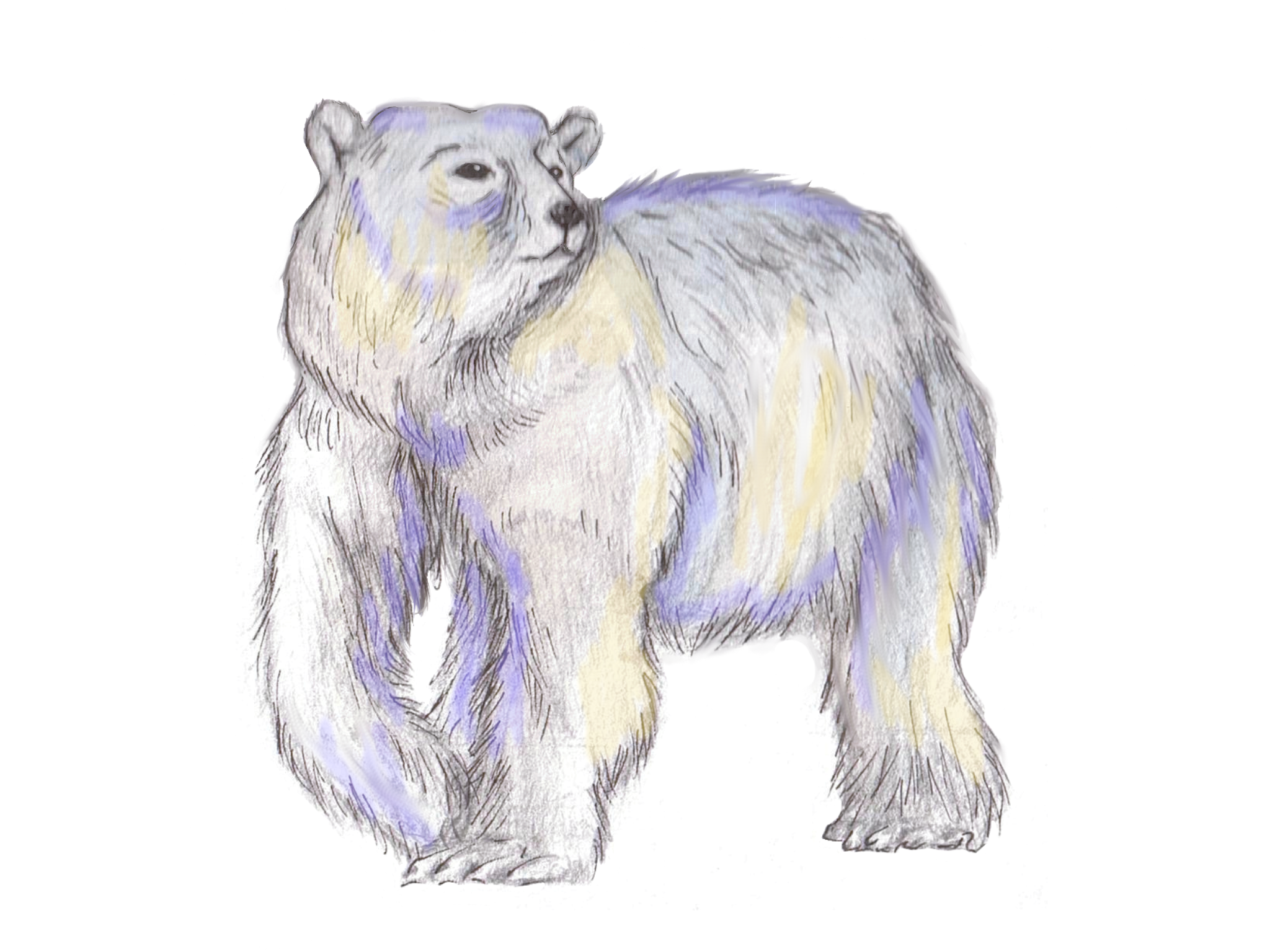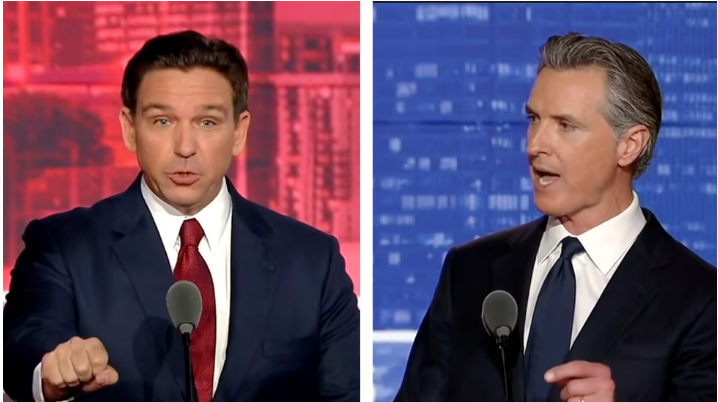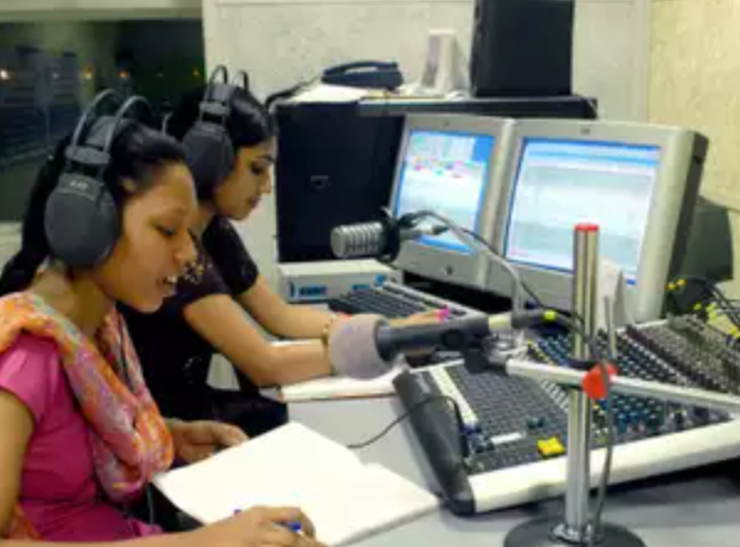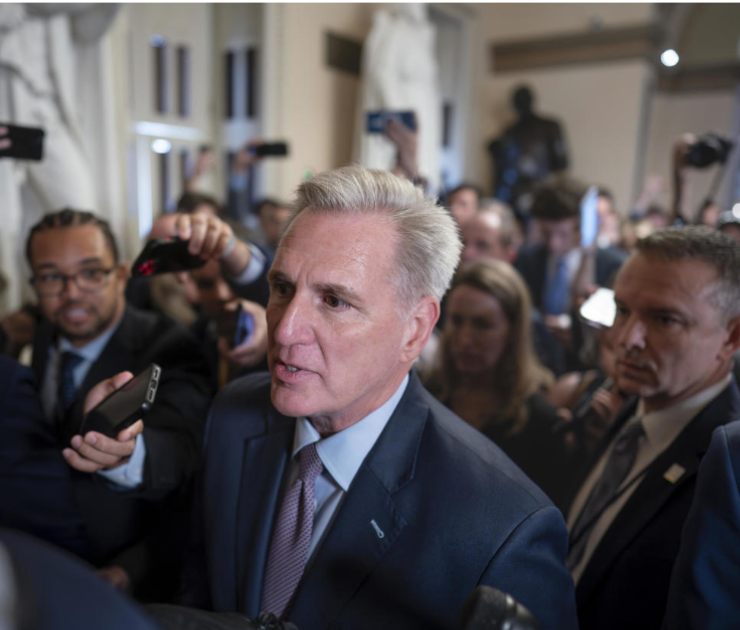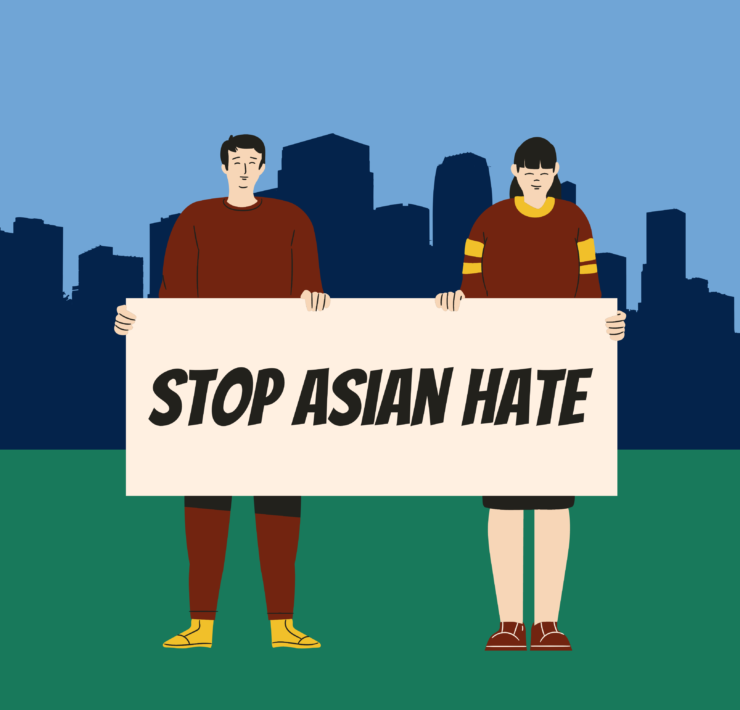Divided We Stand: Psychological Differences in Politics
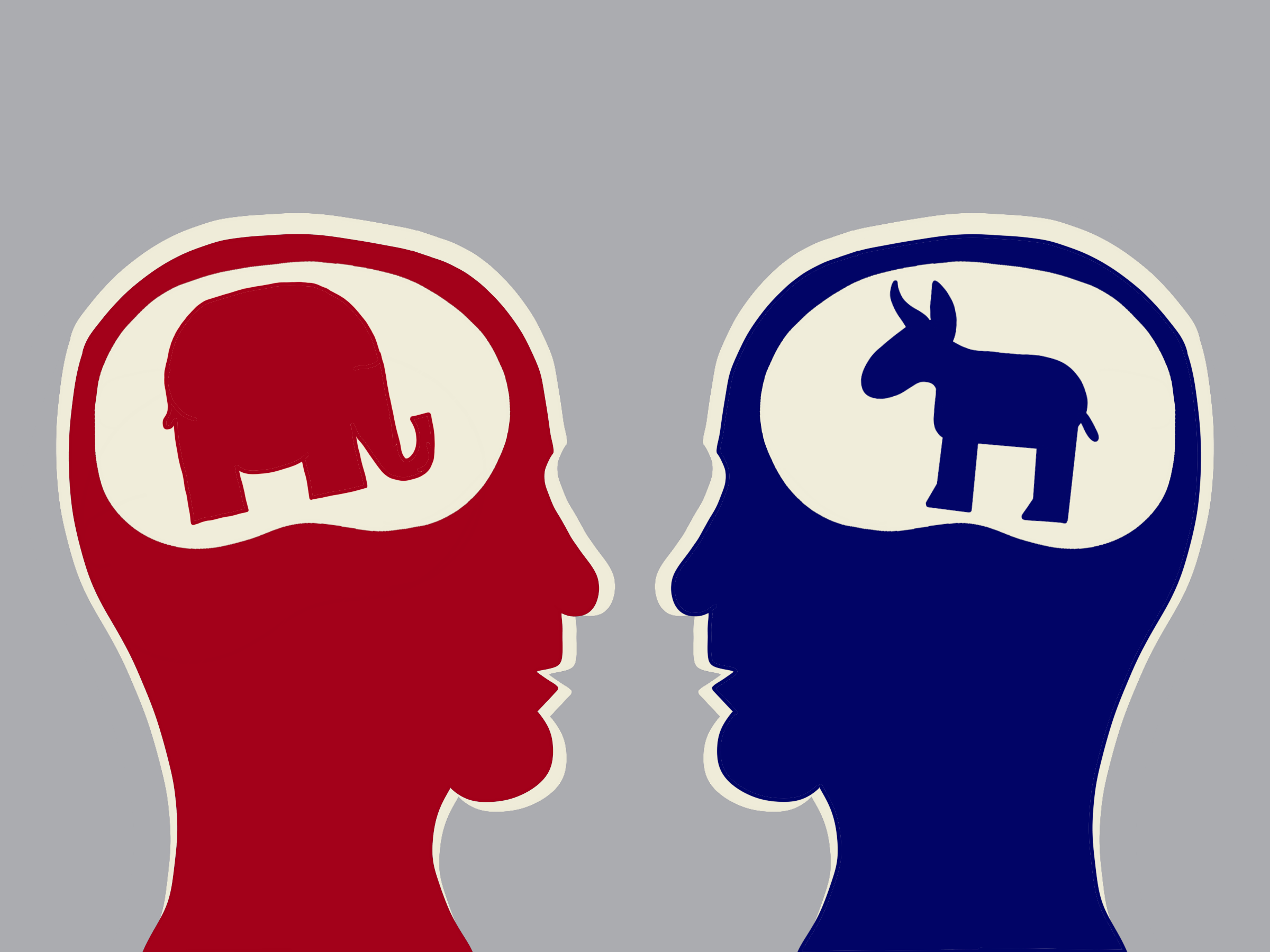
As the 2020 presidential election comes to a close, the nation stands divided between the red Republican party and the blue Democratic party. But what exactly makes liberals and conservatives different?
Each party believes that their own group is right while the opposing party is wrong. In an experiment by Morgan Marrieta Ph.D, 37% of conservatives were less willing to work with those with opposing views, while 56% of liberals indicated the same. Because people have a tendency to surround themselves with people of similar mindsets, groups of people who share the same ideas and beliefs tend to congregate at either end of the spectrum. On the other hand, those who are moderate but are surrounded by people with extreme ideas tend to follow along the crowd to avoid being ostracized.
Although people might think that they are rational when making decisions, studies show that emotions and instincts tend to overpower logic. Experiments conducted by Drew Weston of Emory University suggest that, when people exclusively read or see things that line up with their beliefs, they unconsciously enhance their confirmation bias, which is when a person only looks for evidence that supports their beliefs and can lead to being misinformed. When Weston told his subjects positive affirmations about their chosen politician, their brain was activated, but when he told them information that contradicted their party leaders, their brains remained silent.
“It appears as if partisans twirl the cognitive kaleidoscope until they get the conclusions they want,” Weston concluded.
This inability to acknowledge the negative aspects of their leaders causes people to shut out information supporting the opposing side and may lead to division between people.
As the nation enters the final stretch of the 2020 election, the division between parties is even more noticeable. By learning to communicate and understand each others’ differences, the people of the United States may yet learn to find solutions for their country rather than their own political party.
Vivian is a former staff writer for The Talon. She’s very interested in psychology and is hoping to major in it and become a clinical psychologist one day. When she’s not busy, she loves to read, embroider, and watch Korean dramas.
Nicole was the former Editor-in-Chief of The Talon. In her free time, she takes care of her two pet turtles. If you have any book recommendations, let her know.

